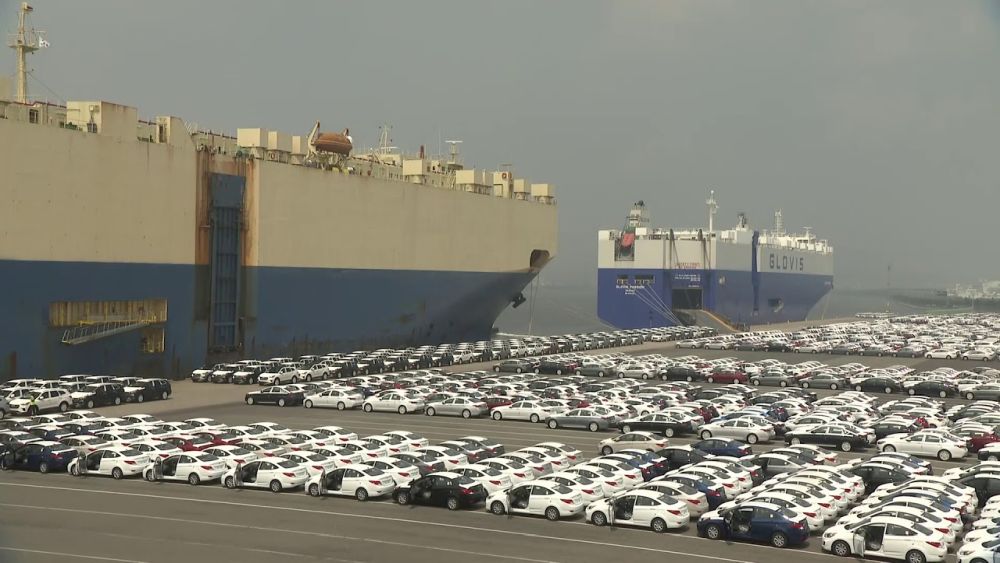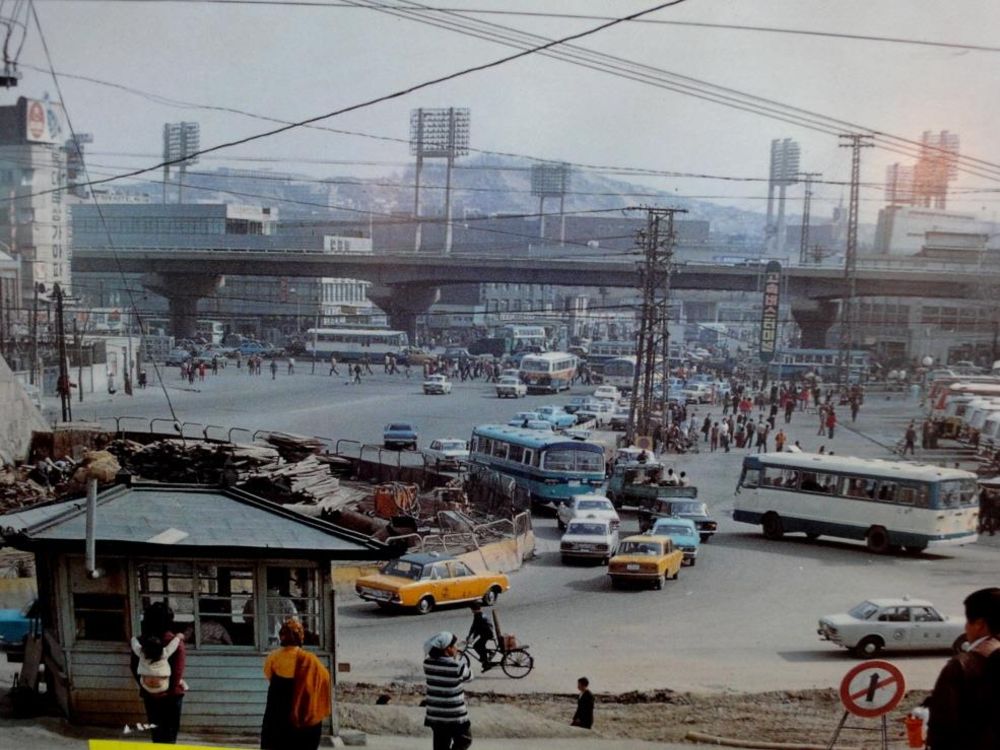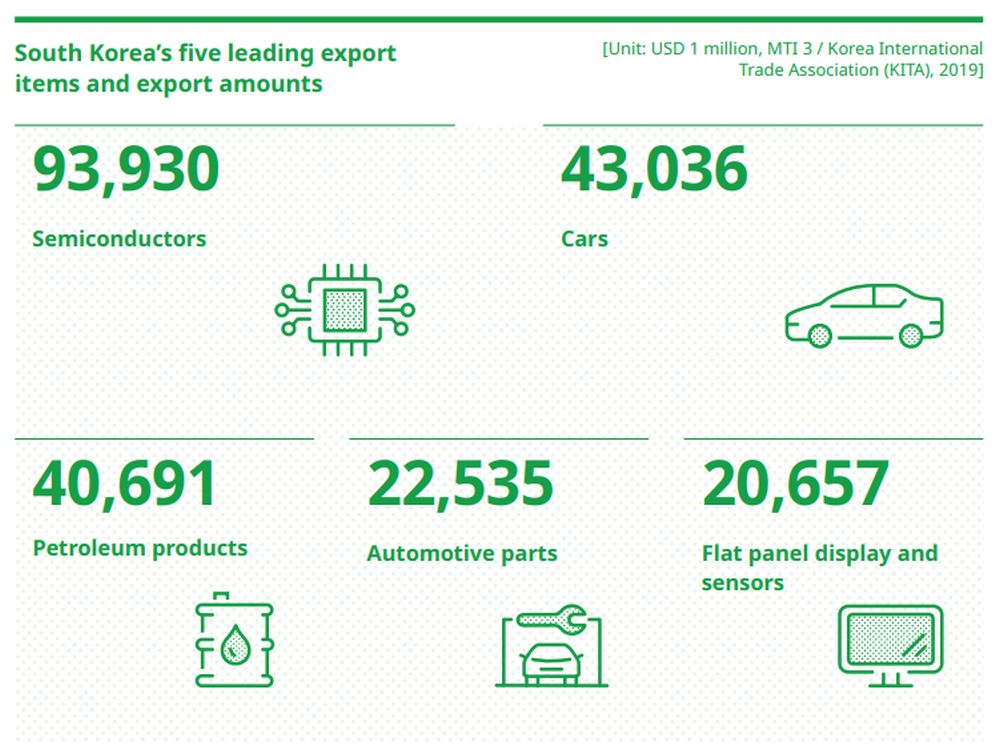South Korea’s remarkable rise to global economic prominence is underscored by its robust competitiveness across various sectors, ranging from mobile phones and semiconductors to automobiles, chemicals, and steel production. Notably, cultural exports like music, gaming, and webtoons have recently emerged as influential contributors to the nation’s economic landscape.

At the core of South Korea’s economic framework lies a constitutional commitment to property rights, providing the foundation for a dynamic market economy. This commitment enables both individuals and businesses to actively and freely participate in economic activities, ensuring the protection of their profits and assets. While celebrated as the “Miracle on the Hangang River” for its unprecedented economic growth, the Constitution also addresses potential injustices arising from capital abuse, establishing a minimal yet crucial mechanism to navigate challenges within the free-market system.

The economic journey of South Korea traces back to the 1960s when it embarked on export-oriented development plans, initially focusing on light industrial products. Over subsequent decades, strategic investments propelled the nation into leading positions in heavy industries, particularly in chemicals, and paved the way for dominance in advanced technologies such as semiconductors and displays.

Despite encountering obstacles, such as the 1997 foreign exchange crisis, South Korea emerged resilient, implementing rapid and effective measures, including industrial restructuring. Post-crisis, the nation not only rebounded but also sustained impressive economic growth, with GDP tripling from USD 504.6 billion in 2001 to USD 1,646.3 billion in 2019. This outstanding recovery during the global financial crisis of 2008–2010 earned South Korea international acclaim as a symbol of economic resilience and adaptability.

South Korea’s journey to economic prominence is a testament to its strategic resilience and adaptability. From thriving in competitive sectors to fostering a dynamic market economy grounded in constitutional commitments, the nation has navigated challenges, including the 1997 foreign exchange crisis. Swift and effective measures not only fueled recovery but propelled South Korea to sustained economic growth, earning global acclaim. This narrative of success positions South Korea as an exemplar of economic fortitude, marked by innovation, strategic planning, and the ability to weather tumultuous times.

